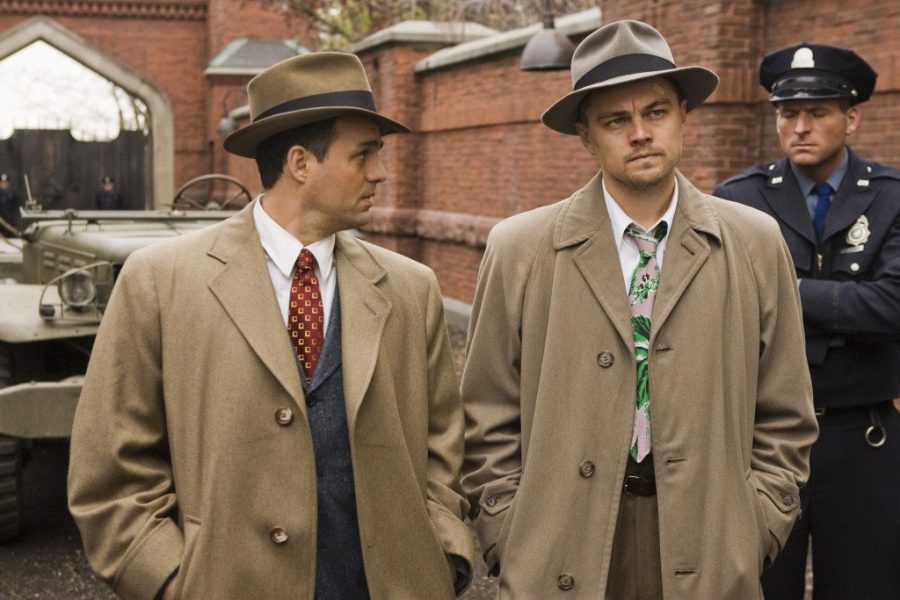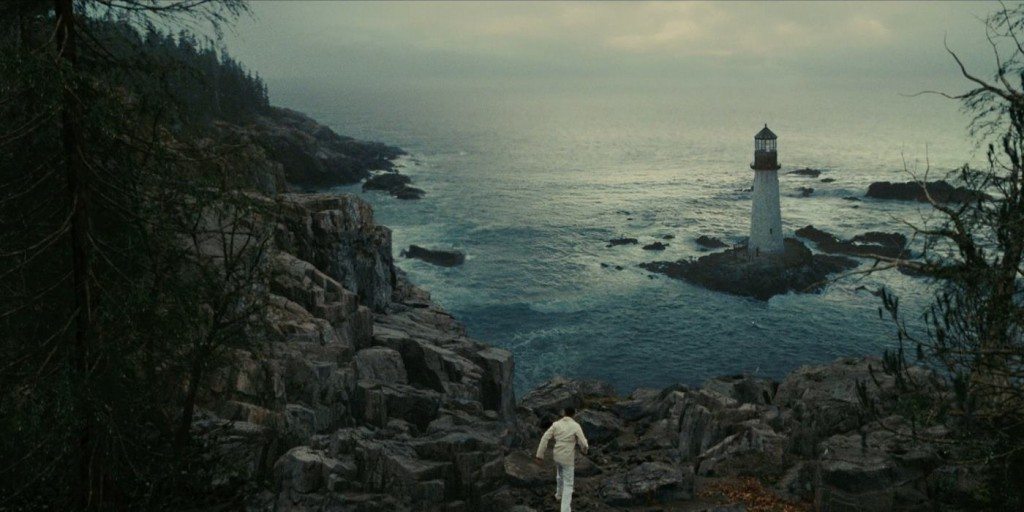The ending of ‘Shutter Island’ has been a cause of debate in fan circles as people often try to decipher its meaning. A gripping psychological thriller, the film raises some pertinent questions through its ambiguity, forcing us to revisit its story. Even though the plot is self-explanatory, one dialogue uttered at the end turns the entire story on its head, and we are left wondering whether Andrew or Edward is in control of Leonardo DiCaprio’s character.
Investigations spearheaded by Edward turn out to be a meticulously crafted role-play that can alleviate his mental grief. As Edward relives through the trauma, his guilt resurfaces, and he is forced to face his demons from the past. It is impossible for him to tame these demons, but the doctors at the Ashecliffe Hospital help him in putting them on a leash. But the most important question that stems from the ending is whether Edward “Teddy” Daniels knew of the entire charade or was he just an unwitting player in it. Here’s what we inferred.
Did Teddy Know At the End of Shutter Island?

Before delving into the question, a quick chronological recap of the supposed truth is essential. The actual reality is revealed to Edward by Dr. Cawley at the end of ‘Shutter Island.’ Andrew Laeddis is the most violent patient at Ashecliffe hospital and is housed at Ward C as the 67th patient. He is a war veteran who helped liberate the concentration camp at Dachau. The trauma ensuing from the war and the camp’s horrific memories have left Andrew deeply disturbed, causing him immense mental discomfort.
His married life with Dolores was in shambles as his wife was supposedly affected by chronic depression bordering suicidal thoughts. One day, Andrew found that his wife, in her manic depressive state, has drowned his children. She begged him to set her free, and in a devastating act, Andrew shot her dead. This incident leaves a huge dent in Andrew’s mental faculties and, coupled with his trauma, forces him to become a mental recluse. As a defense mechanism for his guilt, Andrew conjures an elaborate delusion in which he assumes the identity of Edward Daniels, trying to investigate the murder of his wife who was killed in an apartment fire.

The doctors at Ashecliffe go along with Andrew’s story so that the first-hand experience will allow him to grasp the reality and perhaps dissociate him from “Edward.” In the end, when Cawley reveals the truth behind the elaborate role-play, Edward is flabbergasted. He is told that his violence stems from his deeds committed as Andrew, and any remembrance of that fact triggers his dual nature. After the revelation, Teddy wakes up as Andrew and, upon questioning, tells the truth coherently to the doctors’ satisfaction.
Towards the end, the doctors believe that Andrew has relapsed and is Edward again, but then he asks Sheehan whether it would be “better to live as a monster or die as a good man.” This statement makes it clear that, in an elusive moment of sanity, Andrew actually understands his predicament. He knows that he is about to be lobotomized and accepts his fate as appropriate punishment. Andrew finally associates with the chronic guilt.
Andrew is aware that he killed his wife after she drowned their children. It is safe to conclude that Andrew knows Teddy is a part of his persona who resides within him. He knows of the truth and also his future in the mental institution.
What Happens to Andrew?
At first, the doctors are presumably satisfied that Teddy’s persona has subsided, and Andrew is his true self. Andrew knows if he relapses back to Teddy, he will be lobotomized. We sympathize with him as he acknowledges his overwhelming guilt of murdering his wife. The circumstances that lead to this are traumatic, to say the least. Eventually, we see Andrew dissociate with his personality again as he talks of the dangers within Ashecliffe Hospital.
It seems that Andrew is pretending to be Edward so that he will be lobotomized, which he deems to be acceptable punishment for his crimes. He realizes that he is living a double life and utters the haunting question that surprises Sheehan (Mark Ruffalo), his psychiatrist. This last question that he poses to Sheehan proves that Andrew knows of his delusions and plays along with the ruse to purge himself of his sins.

In essence, ‘Shutter Island’ plays through a narrative loop of a dual personality, and the moment we believe that truth has been decoded, we are placed right back within it. Who is the good man? Perhaps this is Andrew’s inner conscience judging the two personalities that have taken shape within him. In the source novel, we don’t see such an ambiguity. It is implied that Teddy has taken over and is about to be lobotomized. One thing ‘Shutter Island’ keeps in clear waters is Andrew’s final fate. His statement is a conclusion that hints at the lobotomy procedure marking the end of his delusions.
Read More: Where Was Shutter Island Filmed?

You must be logged in to post a comment.